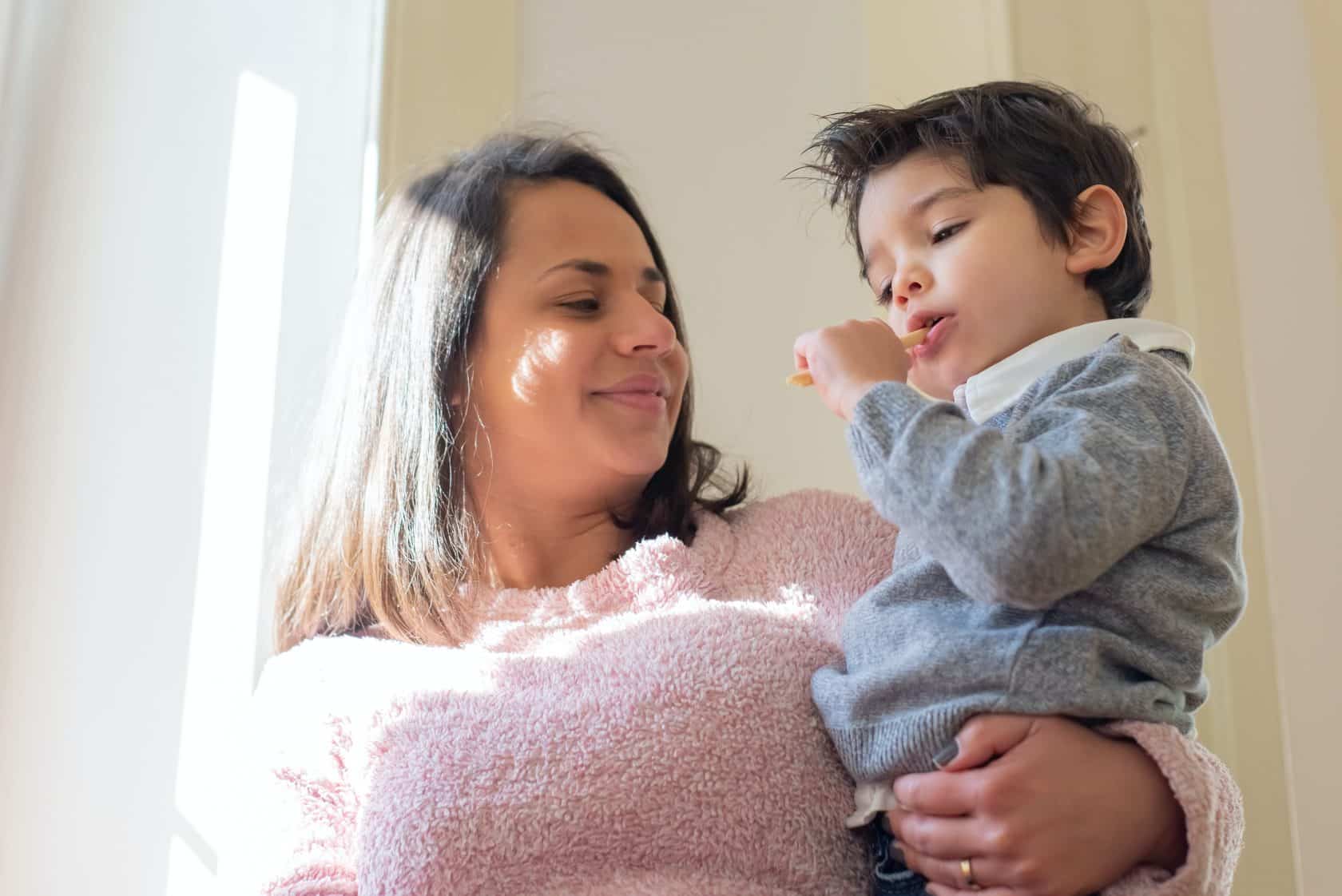Executive function in children refers to the mental abilities that allow them to plan, organize, and accomplish tasks effectively. Here’s how executive function works and some examples of it in action.
- Task Planning: Children with strong executive function can break down tasks into smaller steps and create a plan to tackle them efficiently.
- Time Management: They can prioritize tasks, estimate how much time each task will take, and allocate time accordingly.
- Focus and Attention: Children with well-developed executive function can concentrate on tasks without being easily distracted.
- Impulse Control: They can resist impulsive actions and think before acting, making better decisions.
- Goal Setting: These children can set clear goals for themselves and work towards achieving them systematically.
- Flexibility and Adaptability: They can adjust their plans and strategies when faced with unexpected changes or challenges.
- Working Memory: Children with strong executive function can hold and manipulate information in their minds, making it easier to learn and solve problems.
By developing these skills, children can become more focused, adaptable, and better equipped to achieve their goals. Goally’s tablet offers fun apps to help kids build vital life skills, including executive function, emotional regulation, and social skills. Empower your child’s growth journey with engaging gamified learning and valuable training videos.
This post was originally published on March 27, 2023. It was updated on July 21, 2023.














